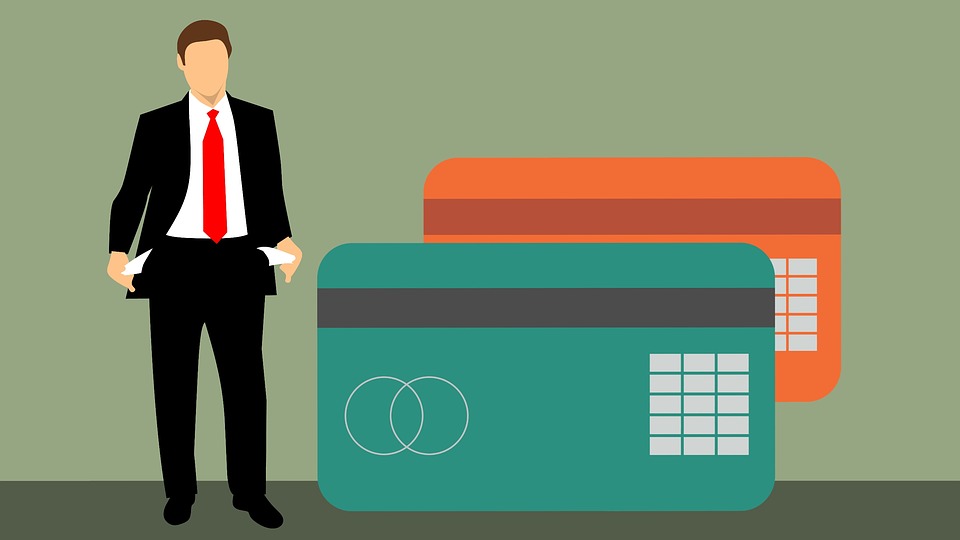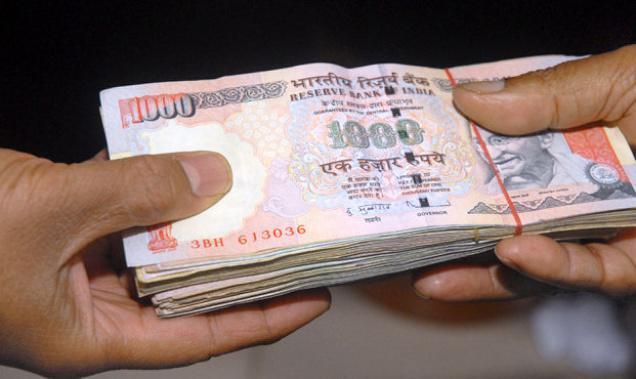Search
What is Debt Settlement? Is it a Good Idea?
April 04, 2018
When someone ends up with having too much debt on their shoulders and repaying the same becomes impossible, then the lenders often propose “debt settlement”.
If the borrower agrees, then they can “settle” the balance by paying only a portion of it, and once they do, the account is closed. However, it has to be asked: “is it too good to be true?”. Sadly, the answer is “yes”.

How does Debt Settlement Work?
When a person’s debt becomes so high that they can’t repay or in case they default on the loan on purpose, then the bank may offer them to repay only a portion of the amount to close the account. This usually happens with the unsecured loans as in the secured loans, the bank can seize the property or car (or whatever the collateral is) to get its money back.
If the borrower agrees to debt settlement, then they can negotiate with the bank on the terms and conditions and also the portion of the loan they are willing to pay. However, in doing so they take a big risk, which brings us to the next topic:
The Downside of Settlement
On the surface, debt settlement may sound like a good idea as it greatly reduces the debt burden and closes the loan account too. However, even after this chapter is closed, the incident follows the borrower for years. This is because the instance of debt settlement is mentioned in their credit report which means that whenever they will try to get a loan from any bank, it will check the report and seeing the history debt settlement will immediately reject the loan application. What’s worse, it’s extremely difficult to clean a credit report once the damage has been done. In fact, it’s only possible after the balance amount is finally paid to the bank.
It’s not hard to see that debt settlement is never a good option unless that’s your only option. That said, it’s still better to wait and arrange for the funds from some other source rather than settle the account.



